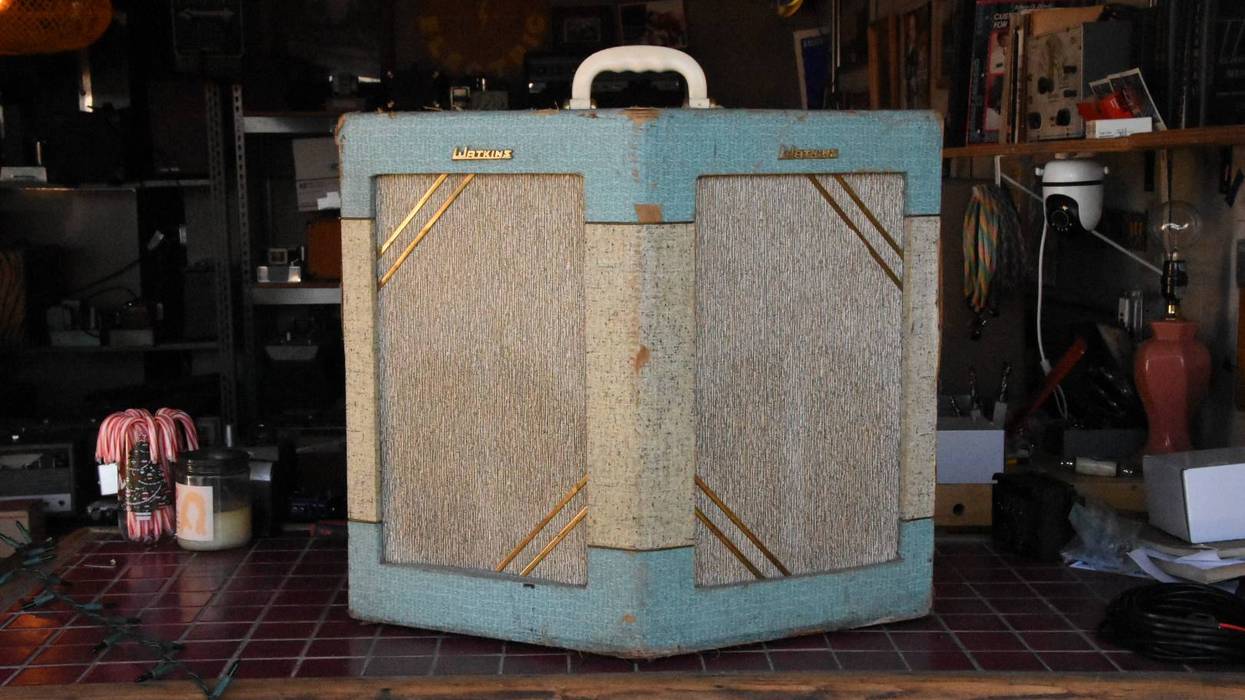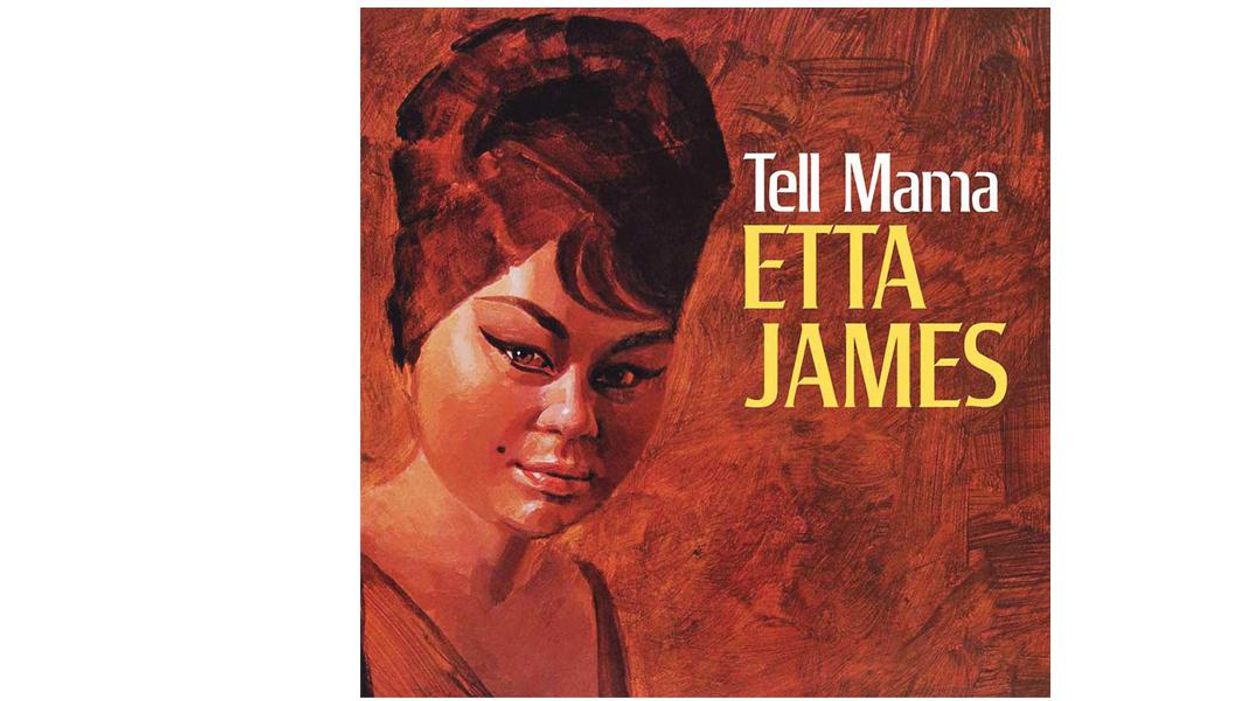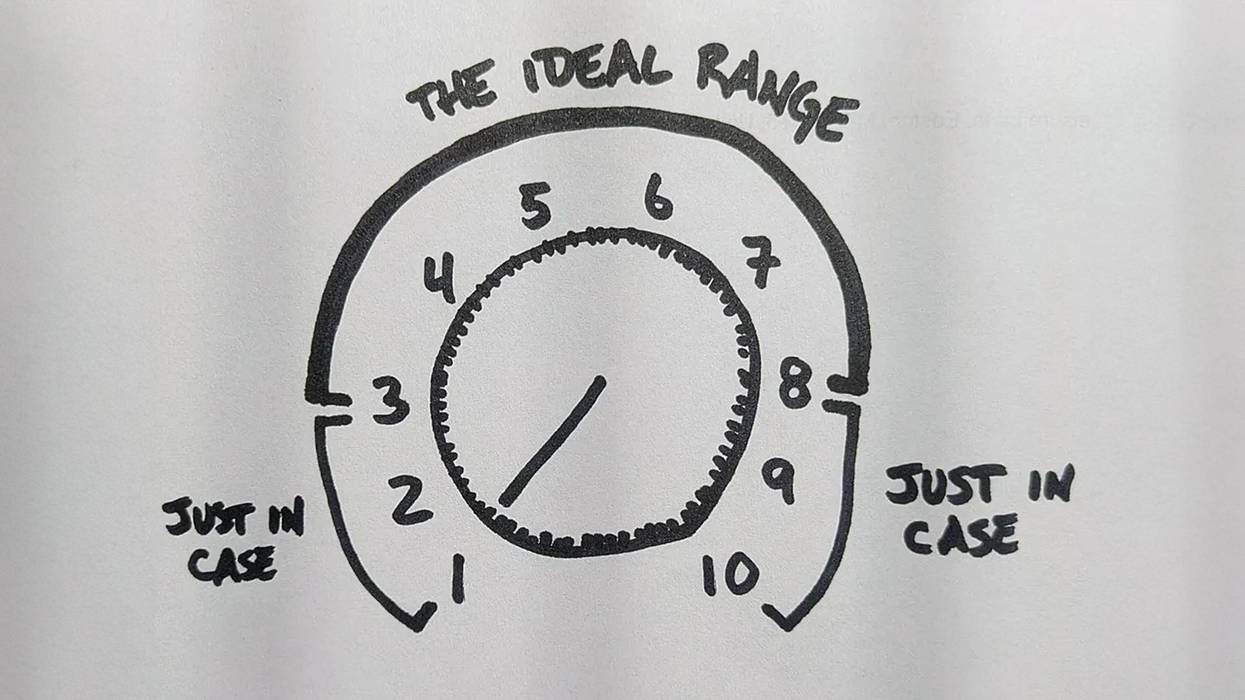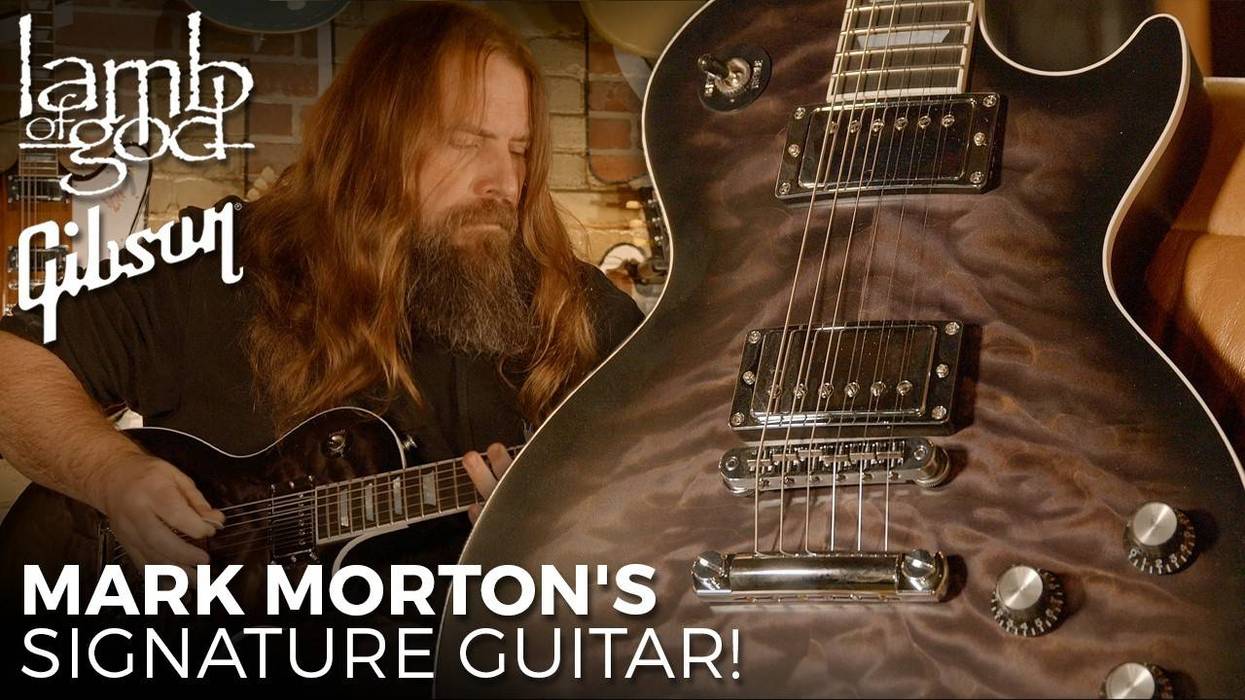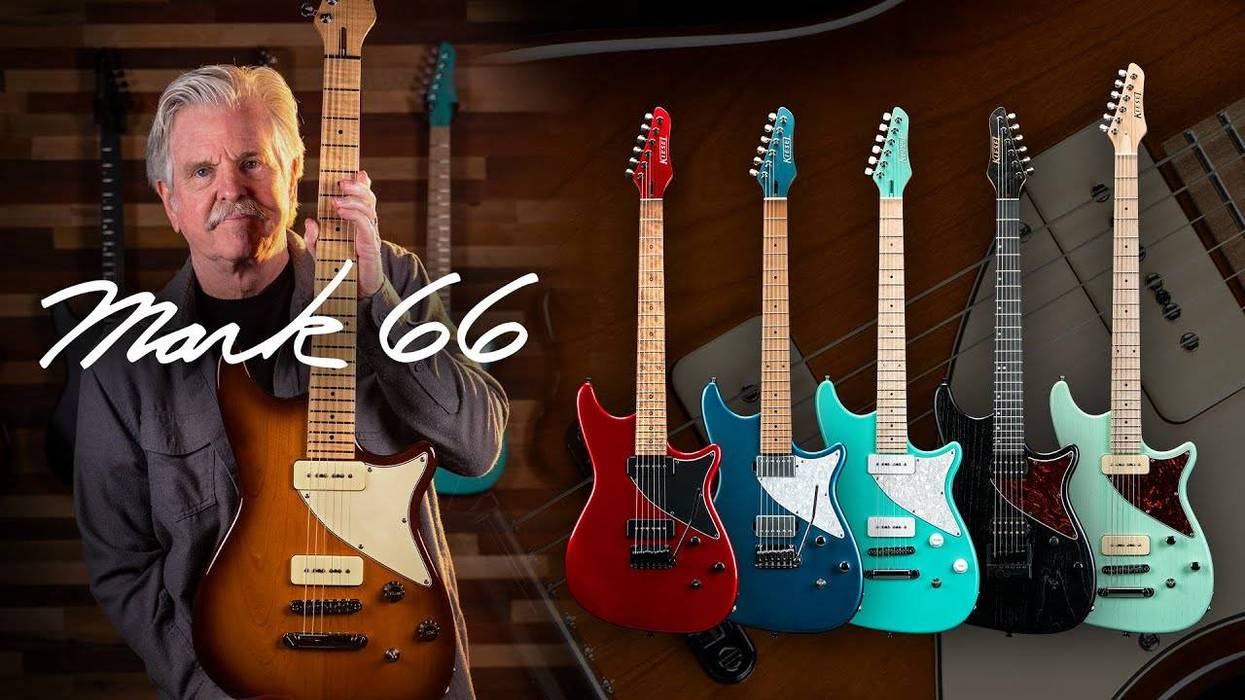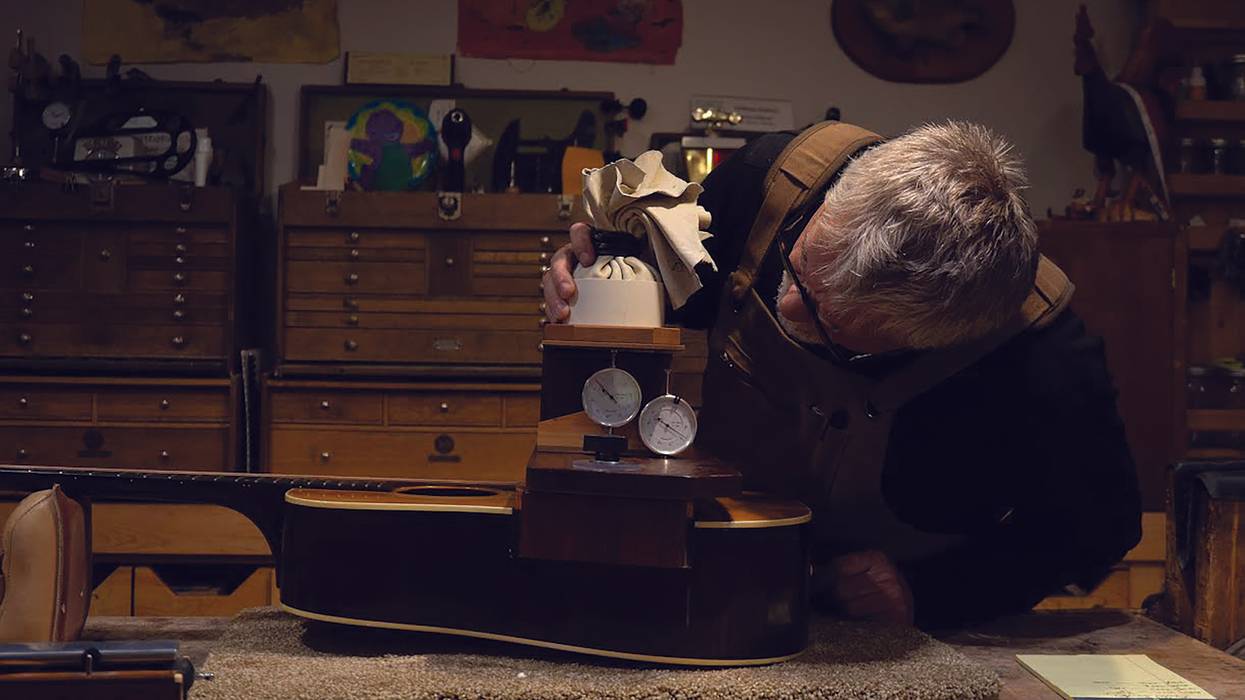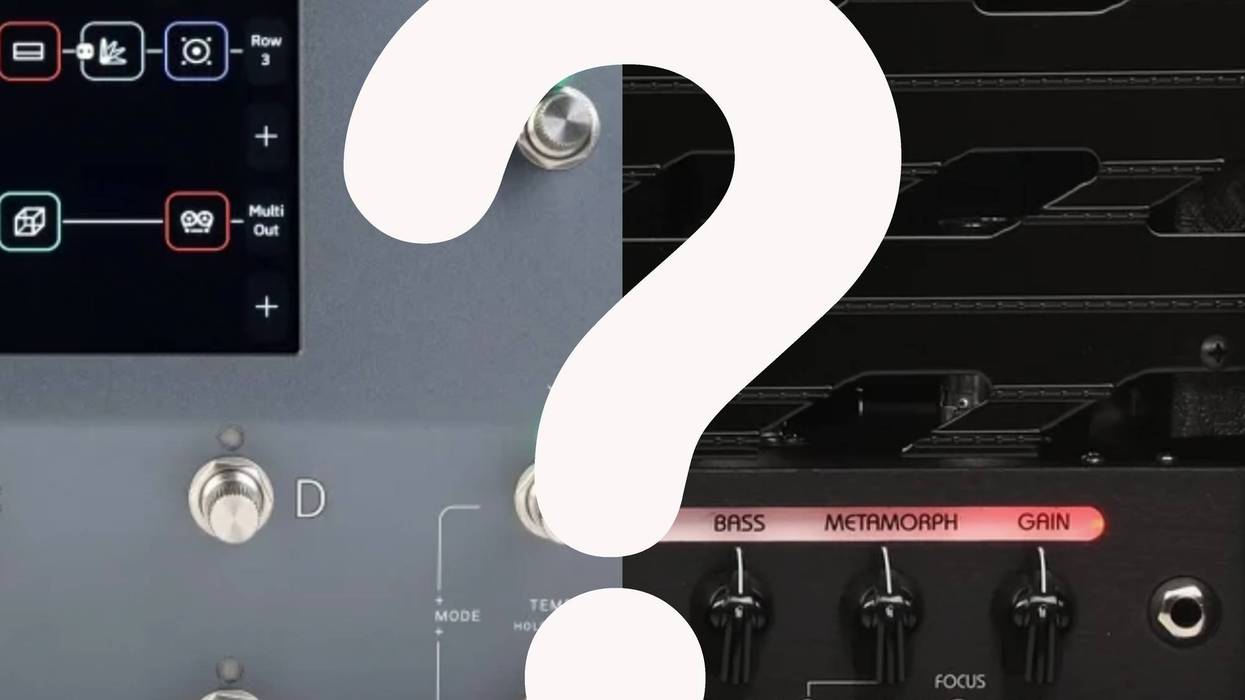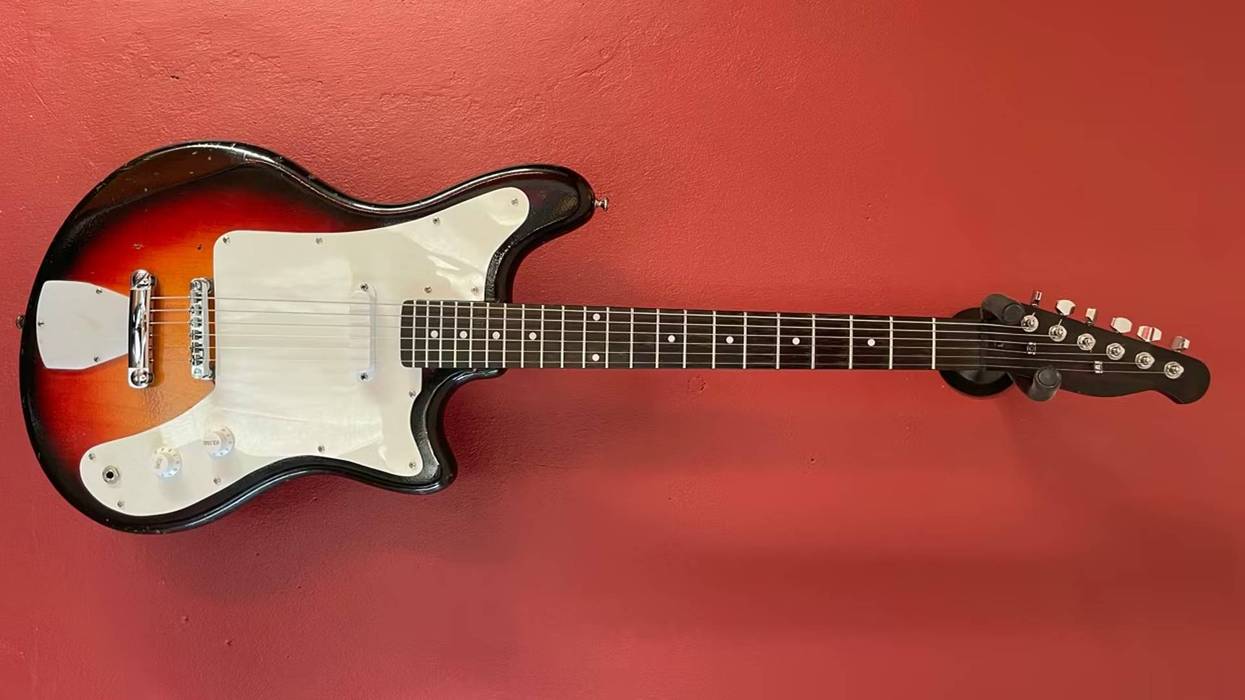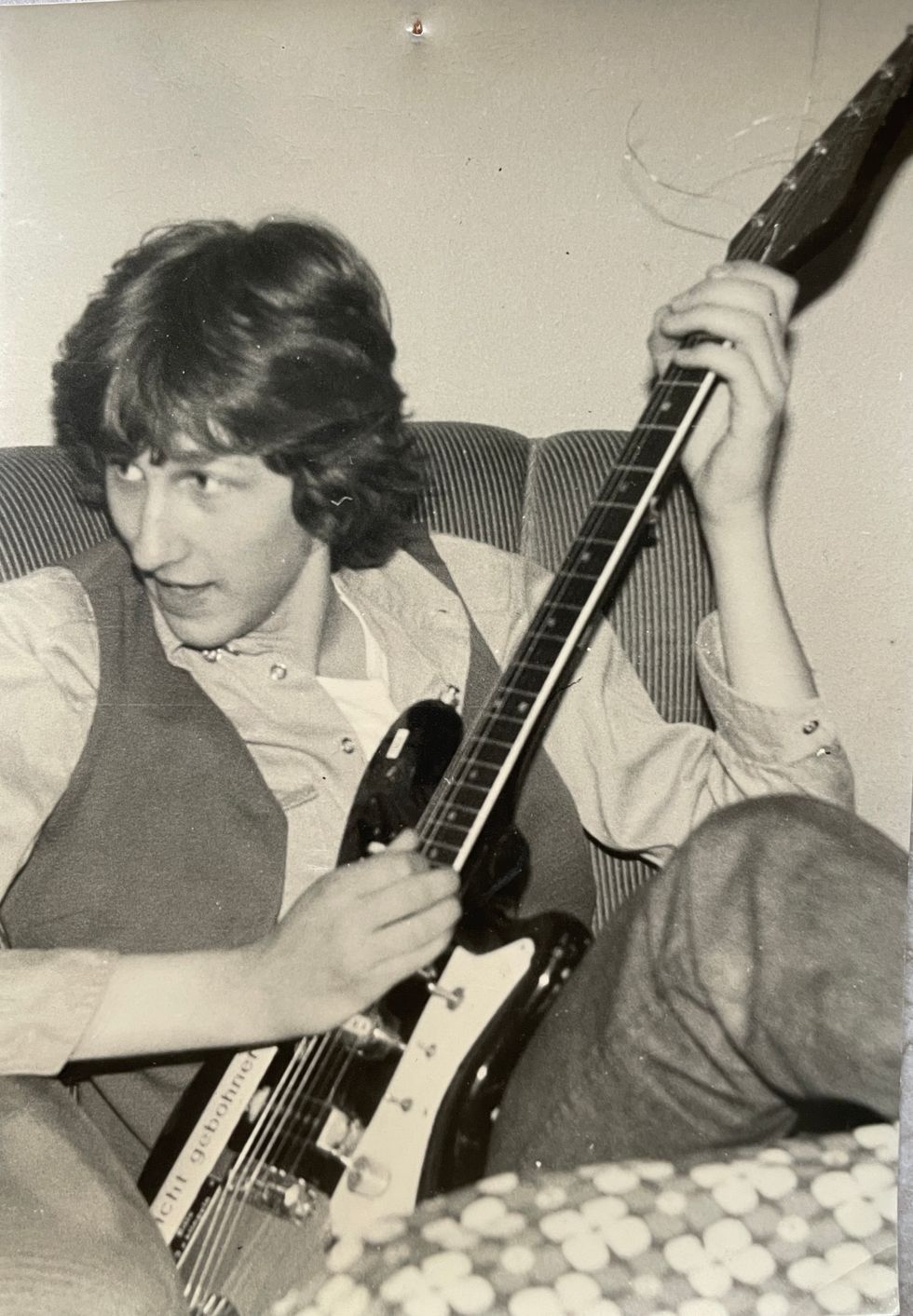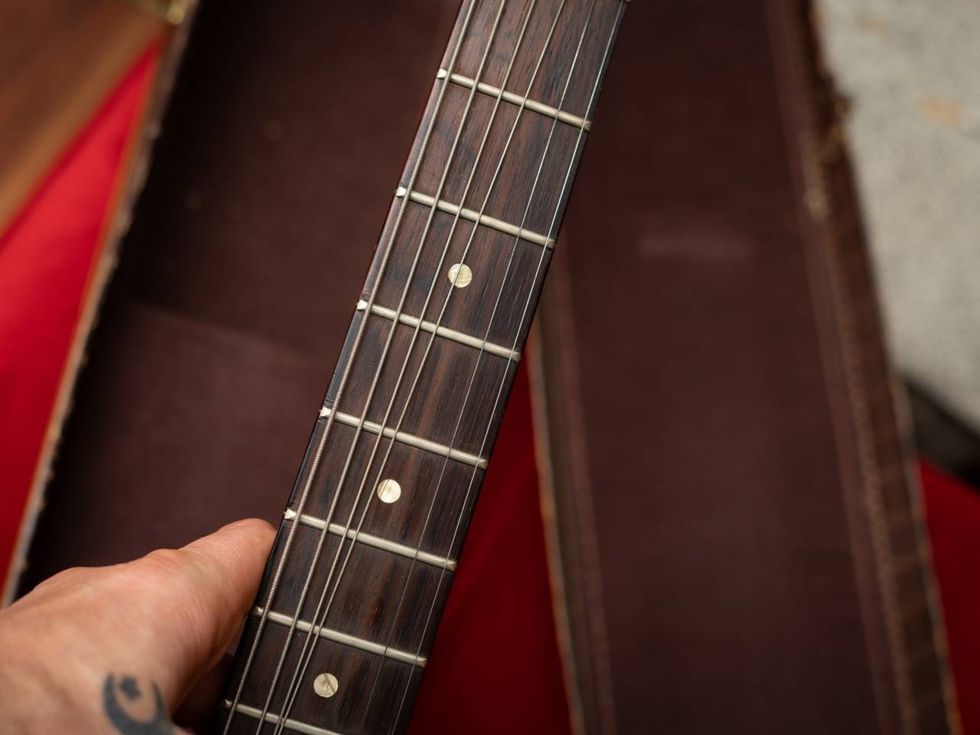I'm bad at planning music.
I don't mean I'm too reckless—the opposite. I plan too much. I plan when I don't really want to get down to work, or I want to pretend that I'm working. It satisfies the imagination. It all unfolds before me in real-time. All the pieces fit and it's a triumph. Good job, me.
Good job doing nothing.
Beyond the sloth of it all, I've realized that my plans just never work out. Orchestrating instrumentation, conceptualizing songs, setting up my studio…. I'm always wrong. Sometimes this means I waste money. Always it means I waste time.
I think everyone has their own planning peak. It's like The Price Is Right. If you don't get close enough to that peak, things are a mess and you don't go home with a new microwave. But if you shoot past that peak, you end up dulling your instincts, and then you definitely don't go home with a new microwave. You end up serving your plans, instead of the other way around.
Plans live in the land of pure logic. They don't have a sound.
I've realized that I need to leave most things up to chance. In another metaphor where I'm now a gardener, I'm at my best when I don't know what I'm planting. Put seeds in dirt, wait. Maybe I'll get some beans this year. That's my formula for success, and, oh boy, has it taken me a long time to realize that. It doesn't make sense. It definitely makes things harder than they need to be, and that's the point. Plans live in the land of pure logic. They don't have a sound. You can't plan for an inspiring texture to bound out of a pedal and change the whole direction of the song. Another way of thinking about it is: improvising throughout the whole musical process, instead of just the performance.
To me, it feels a lot like hiking (yeah, we're doing metaphors today). You plan your route, you wear long pants because ticks are scary, you should probably bring some water. Okay. But from there you just start walking. You don't decide what will happen every step of the way, what kind of mushrooms you'll see. Things just start happening around you. It's a gentle and receptive practice, and all you need to do is just keep taking steps.
This really is what I tell myself when I sit down these days. It's impossible to know where the song is going, or what it is, even, and that's daunting and uncomfortable. So I just start doing things, and it can't help but take shape.
Maybe this time it's beans.




